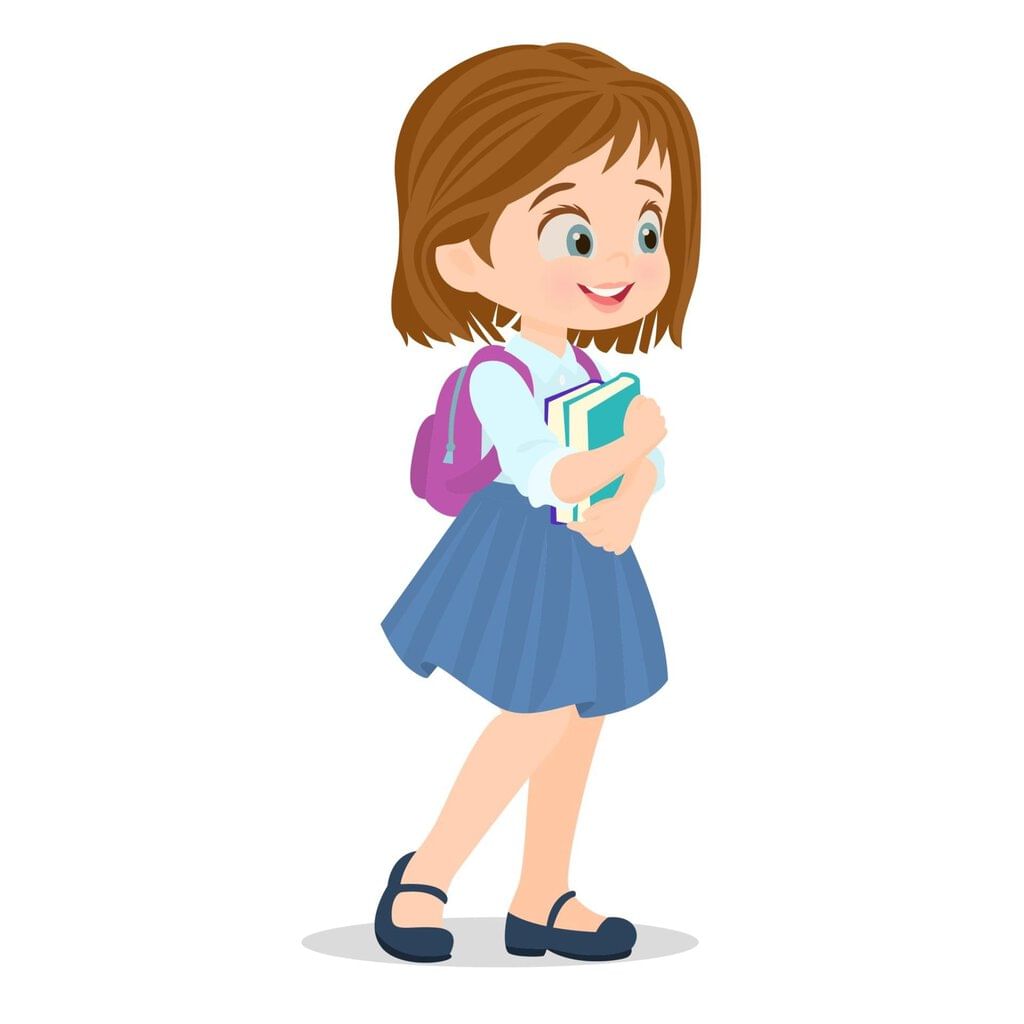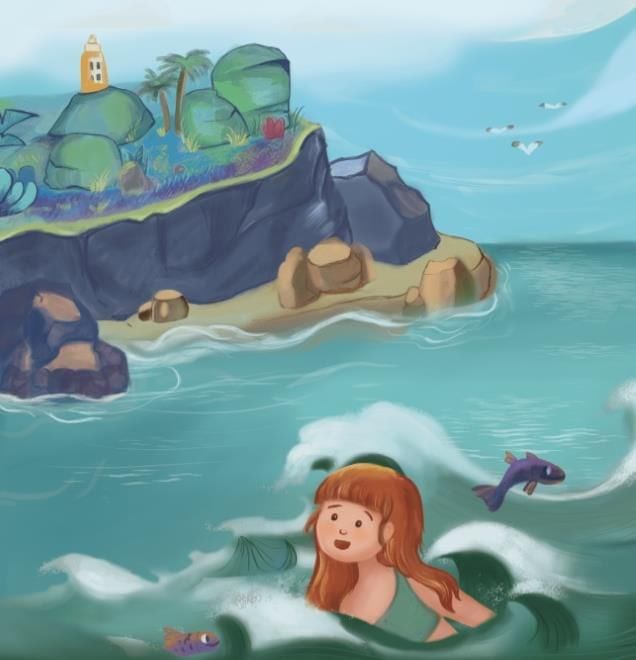NCERT Solutions for Class 10 English First Flight Chapter 6 - Amanda!
Q1: How old do you think Amanda is? How do you know this?
Ans: Amanda is about a 9-10 year old school going girl. She is being scolded for things typical for that particular age. Her parents are trying to inculcate in her good manners and etiquettes. Amanda is very innocent and immature.
Q2: Who do you think is speaking to her?
Ans: Amanda is being spoken to by one of her parents. It is most likely that it’s her mother. Generally speaking, a mother is the first teacher for a child. She always tries to guide and instruct her child to follow the righteous path. Hence, from the range of instructions given to Amanda, it exhibits that the speaker is her mother.
Q3: Why are Stanzas 2, 4 and 6 given in parenthesis?
Ans: Stanzas 2, 4 and 6 are given in parenthesis because they exhibit the inner thoughts and reaction of Amanda as she receives instructions from her mother given in stanzas 1, 3 and 5. As there is an alternate sequence of scolding by Amanda’s mother, she gives a corresponding reaction to it on the following stanzas in parenthesis. Thus, the parenthesis is used by the poet to convey the friendly tone of the poem.
Q4: Who is the speaker in stanzas 2, 4 and 6? Do you think this speaker is listening to the speaker in stanzas 1, 3, 5 and 7?
Ans: The speaker of the stanzas 2, 4 and 6 is the child, Amanda herself. No, she is not listening or paying heed to her mother’s words in stanzas 1, 3 and 5 as she is lost in her own dream world. Her imagination lets her escape from reality as she is lost in her Sorry reality.
Q5: What could Amanda do if she were a mermaid?
Ans: If Amanda were a mermaid, she could drift away slowly and carelessly on a languid emerald sea. She wished if she could be the sole inhabitant of the green sea and would slowly move on it. manda longs for a place where she is all by herself as her happiness is not dependant on any other human being. Hence, she desires to be a mermaid because for a child, mermaid is a symbol of freedom and wonder.
Q6: Is Amanda an orphan? Why does she say so?
Ans: No, Amanda is not an orphan, though she wishes to be one. She is so much stressed with the continuous nagging of her parents that she imagines herself to be better without them. The mere presence of her parents around her depresses her. Amanda is a little girl who seeks ‘golden’ silence and ‘sweet’ freedom. She wishes to roam around streets and draw patterns with her bare feet. Indeed it is horribly depressing that Amanda expects being an orphan.
Q7: Do you know the story of Rapunzel? Why does she want to be Rapunzel?
Ans: The story of Rapunzel revolves around her life on a high tower. She was locked in that tower by an evil witch. In due course of time, she got used to living there. She was very happy and content with her life in the tower. She had very long blonde hair which was used by the witch to climb the tall tower.  One fine day, a prince came to meet her as he climbed the tower using her hair. When the witch came to know about it, she punished both of them by separating them. Finally, after many years the couple united together forever. Similarly, Amanda wishes to live her life like Rapunzel on a high tower on her own, away from everyone. She yearns for freedom, peace and harmony. Due to this reason, Amanda wants to be like Rapunzel. However, she also states that since she doesn’t want to be disturbed, she would never let her bright hair down for anyone to climb to her. She simply desires a happy and satisfied life with no disturbance from others.
One fine day, a prince came to meet her as he climbed the tower using her hair. When the witch came to know about it, she punished both of them by separating them. Finally, after many years the couple united together forever. Similarly, Amanda wishes to live her life like Rapunzel on a high tower on her own, away from everyone. She yearns for freedom, peace and harmony. Due to this reason, Amanda wants to be like Rapunzel. However, she also states that since she doesn’t want to be disturbed, she would never let her bright hair down for anyone to climb to her. She simply desires a happy and satisfied life with no disturbance from others.
Q8: What does the girl yearn for? What does this poem tell you about Amanda?
Ans: A girl like Amanda yearns for freedom and space for herself. She is incapable to fulfil the expectations of her parents. Amanda is no less than a symbol for all the children who face similar fate irrespective of class, colour or nationality. Traditional societies demand a certain type of behaviour from the individuals and the training to produce such begins at a very young age. Parents ignore the innocence and understanding level of their children and thereby the young ends up killing their imagination and thoughts.
Q9: Read the last stanza. Do you think Amanda is sulking and is moody?
Ans: No, Amanda is neither sulking nor moody. She simply longs for her freedom as she is fed up of following the instructions given by her parents. She has a strong imaginative power as she visualizes herself to the likes of Rapunzel’s story and she wants to lead a carefree life free from all nagging and scolding from her parents who are always trying to teach mannerisms and inculcate good habits in her.
|
61 videos|617 docs|69 tests
|
FAQs on NCERT Solutions for Class 10 English First Flight Chapter 6 - Amanda!
| 1. What is the main theme of the poem "Amanda"? |  |
| 2. How does Amanda's character develop throughout the poem? |  |
| 3. What are some examples of the imagery used in "Amanda"? |  |
| 4. What message does the poet convey about childhood and parental expectations? |  |
| 5. How does the structure of the poem "Amanda" enhance its meaning? |  |

















